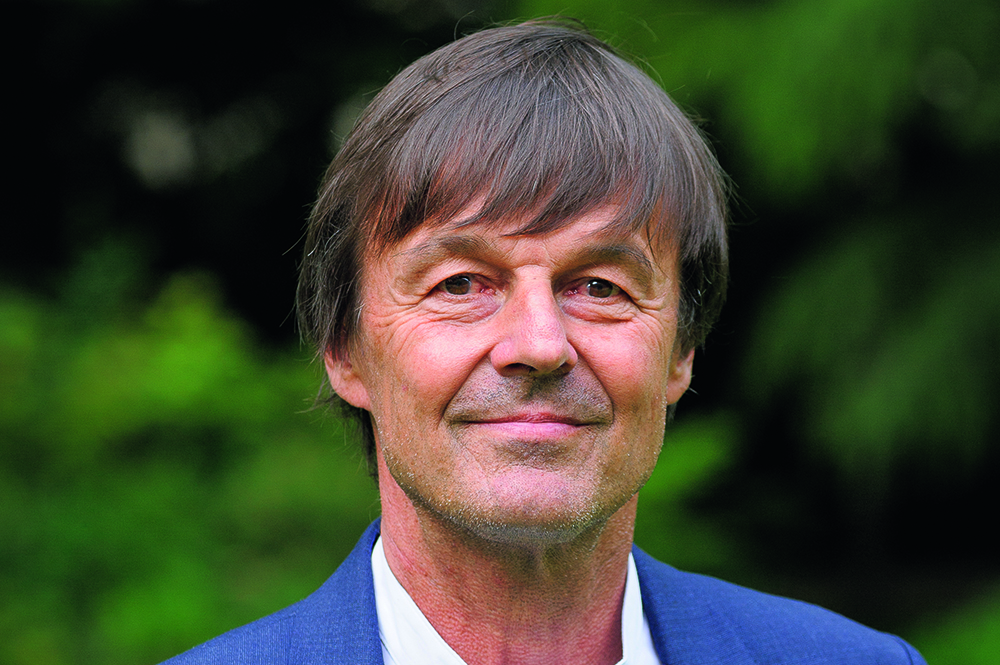The first turbines were due online in 2020, but it now looks likely to be 2022-23 at the earliest.
In June, a group of 15 associations lodged a complaint with the European Commission, claiming the projects are "in contradiction with the protection of the marine environment" and are in breach of EU law.
A complaint is a non-judicial mechanism that allows any EU citizen to denounce an alleged failure of a member state under EU law.
Although the details have not yet been made public, in a statement the associations said the complaint covered six broad areas: breach of environmental-assessment obligations; maritime spatial planning; public information and participation in the decision-making process; protection of wildlife and its habitat; organisation of the internal energy market; and the prohibition of state aid.
The state-aid aspect is the most worrying, said Marion Lettry, assistant executive commissioner of renewable-energy trade body SER, especially given the prolonged battle to secure the onshore tariff against attack. "We don’t know if the associations have submitted another complaint against the question of state aid," Lettry said.
While many questions remain, the EC now has 12 months to examine the complaint. According to SER, the EC does not pursue around 80% of complaints.
Meanwhile, new legal challenges were lodged in July against the concession agreements (the right to use the public maritime domain) granted to the Fécamp and Courseulles-sur-Mer projects. This came just weeks after the administrative appeal court in Nantes dismissed earlier challenges under the law on water.
This new appeal will likely delay the projects by at least another six months. "The associations are challenging each authorisation separately to lengthen the process. They want to kill the projects," said Amandine Delsaux, a senior associate at law firm Norton Rose Fulbright.
As a result, the entire sector is blocked as the developers, in this case a consortium led by EDF Energies Nouvelles, put off the final investment decision — and placing orders — until the projects are clear of appeals.
On a more positive note, new French environment minister Nicolas Hulot said he wants to simplify the permitting system. The idea is for the state to secure all the necessary permits before projects are put to tender, as happens in Denmark and Germany, Lettry said. A bill is expected to be presented to parliament in the autumn.

.png)


.png)










